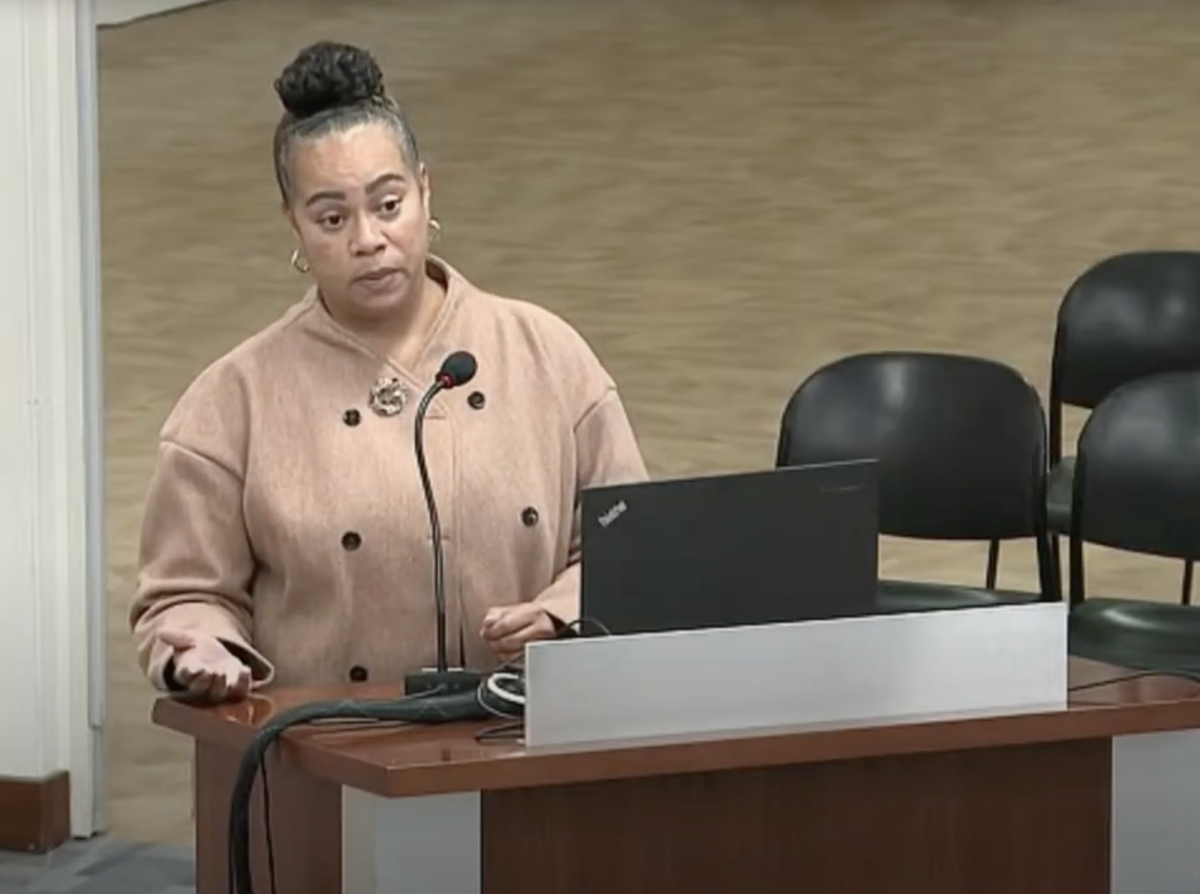
After offering free tuition for the Fall 2022 and Spring 2023 semesters, the four colleges making up the Peralta Community College District (PCCD) are offering cash payments in various amounts and other incentives to students.
Many Laney College students recently found $500 deposited into their checking accounts through a third party called BankMobile. College of Alameda (COA) is promoting a “$500 on us” program for students taking at least six units in the current Spring semester. Merritt College upped the ante by $100 and is offering a “six for six” program where students taking at least six units receive a $600 “assistance grant.”
Merritt also offers students a package of other benefits including: free breakfast in the cafeteria, free parking, a free career assessment, a free Chromebook loan, and a free Wi-Fi hotspot loan according to the college’s website.
Berkeley City College (BCC) is offering $700 direct payments to students with nine or more units. Students taking only six units are still eligible for free weekly meals, a $150 BART Clipper Card, and free parking according to BCC’s website.
Tom Rizza, BCC’s Public Information Officer, says his college is also offering “free Chromebooks and WiFi loan programs,” but that this program “existed before the colleges began offering free fees starting in Fall of last year.” BCC has a separate page on its website for these borrowing programs.
The source of these direct payments and benefits from each of the PCCD colleges is the Higher Education Emergency Relief Fund (HEERF), which was passed by Congress in three rounds between March 2020 and March 2021.
According to an overview of the program presented by former PCCD general counsel Royl Roberts to the Peralta Board of Trustees on May 10, 2022, the first round of HEERF funding (also called the CARES act) required that no less than 50% of the funds be used for “direct support to students.”
The second and third rounds provided more flexibility to schools, allowing them to use the funds to defray expenses associated with COVID-19 such as lost revenue, technology costs for distance education, faculty and staff training, and payroll.
Roberts, who left PCCD in January to accept a senior position with the Alameda District Attorney’s office, reported that the Peralta colleges received a total of $65 million in HEERF funding. Those funds have to be spent by the end of fiscal year 2022-23, according to Roberts, which means the deadline is the end of June 2023.
Laney College received the highest amount of HEERF funding ($27.2 million) followed by Berkeley City College ($14.3 million), Merritt College ($13.1 million), and College of Alameda ($9.7 million) according to Roberts. The district received an additional $637,057 to cover costs “associated with significant changes to the delivery of instruction due to the coronavirus,” according to Roberts’ presentation.
The district has not yet updated Roberts’ report to reflect the remaining HEERF funds according to Mark Johnson, PCCD’s Executive Director of Marketing, Communications, and Public Relations. Johnson provided a link to a page on the Peralta website that includes quarterly financial aid statements from each college.
The US Department of Education also tracks the use of HEERF funds on its Education Stabilization Fund website. That site shows that the Peralta colleges cumulatively spent 66% of their available funds through Nov. 30, 2022. COA spent 74% of its available funds, followed by BCC at 71%, Merritt at 63% and Laney at 60%.
According to an email sent to The Citizen by Ken Lira, PCCD’s District Director of Financial Aid, “all the federal relief grants should be expended by June 30, 2023.”
Students with questions about any of these programs should contact the financial aid office at their home college:


























